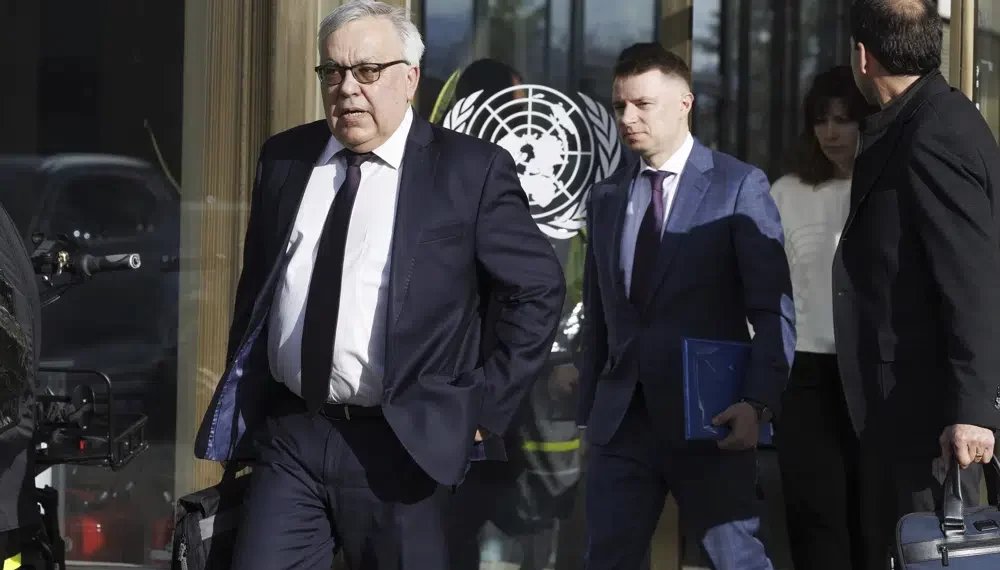A Russian delegation at talks with senior U.N. officials has disclosed that Moscow is ready to accept an extension to the grain export deal that has helped bring down global food prices amid the war in Ukraine, but only for 60 days.
This is because the Kremlin holds out for changes to how the arrangement is working.
The United Nations said it “notes” the Russian announcement and reaffirmed its support for the agreement struck in July as “part of the global response to the most severe cost-of-living crisis in a generation.”

The U.N. and Turkey brokered the deal between the warring countries that allows Ukraine, one of the world’s key grain suppliers, to ship food and fertilizer from three of its Black Sea ports.
The 120-day agreement was renewed last November. That extension expires on Saturday, March 18, 2023 and another 120-day extension was set for deliberations.
Ukraine asserted that the Russian proposal to extend it only for 60 days goes against the deal, although the language of the agreement allows the parties to roll it over or “modify” it as Russia did.
The noncommittal U.N. response betrayed the world body’s inability to force hands. Russia can largely do what it wants to abide by or reject the deal, leaving the issue hanging for countries in the developing world, which benefit most.
“The U.N. Secretary-General has confirmed that the U.N. will do everything possible to preserve the integrity of the Black Sea Grain Initiative and ensure its continuity,” a U.N. statement reported.
The statement stressed that the deal had allowed the export of 24 million tons of grain and more than 1,600 trips by vessels through the Black Sea, with more than half the exports destined for developing countries.
Moscow has voiced frustration that a parallel agreement has failed to fully open the door to Russian exports of grain and fertilizer through the Black Sea.
Still, overall Russian wheat shipments were at or near record highs in November, December and January, increasing 24% over the same three months a year earlier, financial data provider, Refinitiv reported.
The Russian delegation also issued a statement.
“The comprehensive and frank conversation has once again confirmed that while the commercial export of Ukrainian products is carried out at a steady pace, bringing considerable profits to Kiev, restrictions on the Russian agricultural exporters are still in place.
“The sanctions exemptions for food and fertilizers announced by Washington, Brussels and London are essentially inactive.”
Russian delegation
Critical Instrument At A Critical Time
In Washington, U.S. State Department Spokesman, Ned Price emphasized the need to extend the deal, describing it as a “critical instrument at a critical time.”

Also, U.N. Spokesman, Stephane Dujarric iterated that the organization has been working to facilitate Russian agricultural exports, noting that while Russian food and fertilizer have not been sanctioned, private companies have been cautious to deal with them and “that’s why we’ve asked for letters of comfort from certain governments.”
Ukraine’s Deputy Prime Minister, Oleksandr Kubrakov claimed that “Russia’s position to extend the deal only for 60 days contradicts the document” envisaging an extension of at least 120 days. He added that Kyiv was awaiting the official positions of the U.N. and Turkey.
Michael Puma, Director of Columbia University’s Center for Climate Systems Research whose research focuses on global food security, opined, “Though the grain deal helped stabilize global food prices, there are still concerns about the impact on prices of possible trade restrictions and weather, especially heat waves.”
“Big picture, we’re pretty fortunate that the weather conditions have allowed … high levels of production across many of the grains,” he added.
READ ALSO: U.N Seeks Extension Of Black Sea Grain Deal



















